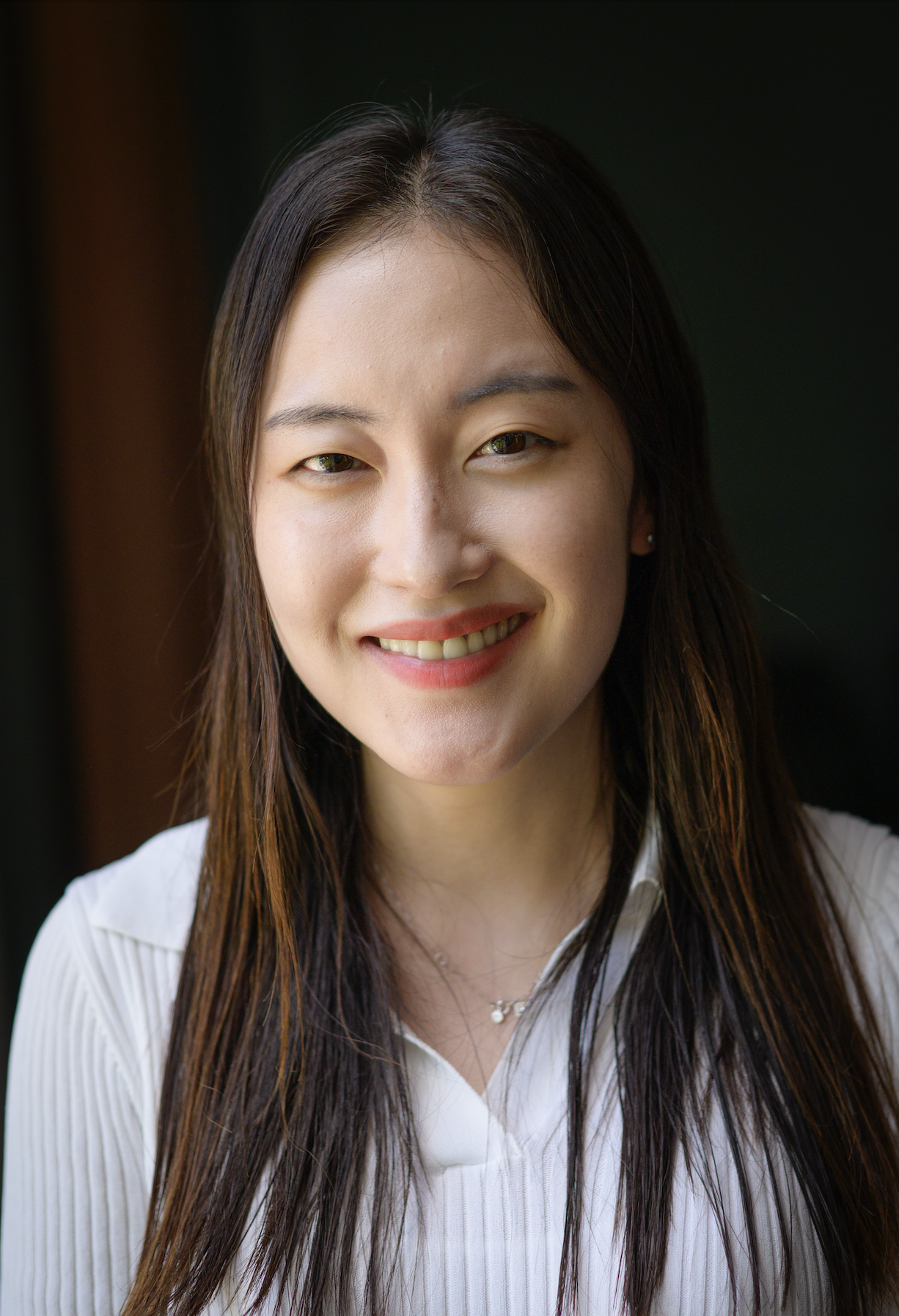Research team and story behind Moa
Moa was born out of Jane Im's personal experiences of going through multiple advisor changes during her PhD. While navigating her situation, she wished she was able to connect better with other PhD students who had similar experiences or/and wanted to genuinely help. After a couple of years of thinking, she concluded that there's some interesting and meaningful social computing research that could be done about the topic. Moa also exists thanks to the guidance of the research faculty advisor, Kentaro Toyama. Both organized the first panel at CHI 2024 on improving PhD advising relationships.System creator and PhD student researcher

Jane Im (임제인) is a final year PhD candidate at the University of Michigan School of Information and Department of Computer Science and Engineering. She had multiple advisor changes during her PhD, which is how she came up with the idea of Moa (모아).
She wished she was able to connect better with other PhD students who had similar experiences or/and wanted to genuinely help.
As the PhD student representative on UMSI's Diversity, Equity & Inclusion Committee (2022-2023), she led discussions about difficulties PhD students faced in advising relationships. In her
research, Jane designs and builds social computing systems grounded in consent. Jane was born and grew up mainly in South Korea.
Research faculty advisor

Kentaro Toyama is W.K. Kellogg Professor of Community Information at the University of Michigan School of Information and
a fellow of the Dalai Lama Center for Ethics and Transformative Values at MIT. In his research, Kentaro studies digital technology and social change.
He co-founded and served as Assistant Managing Director of Microsoft Research India, where
he helped to establish a thriving internship program that hosts over 120 research interns each year.
In his book, Geek Heresy, he casts mentorship as the ideal model for global
development.